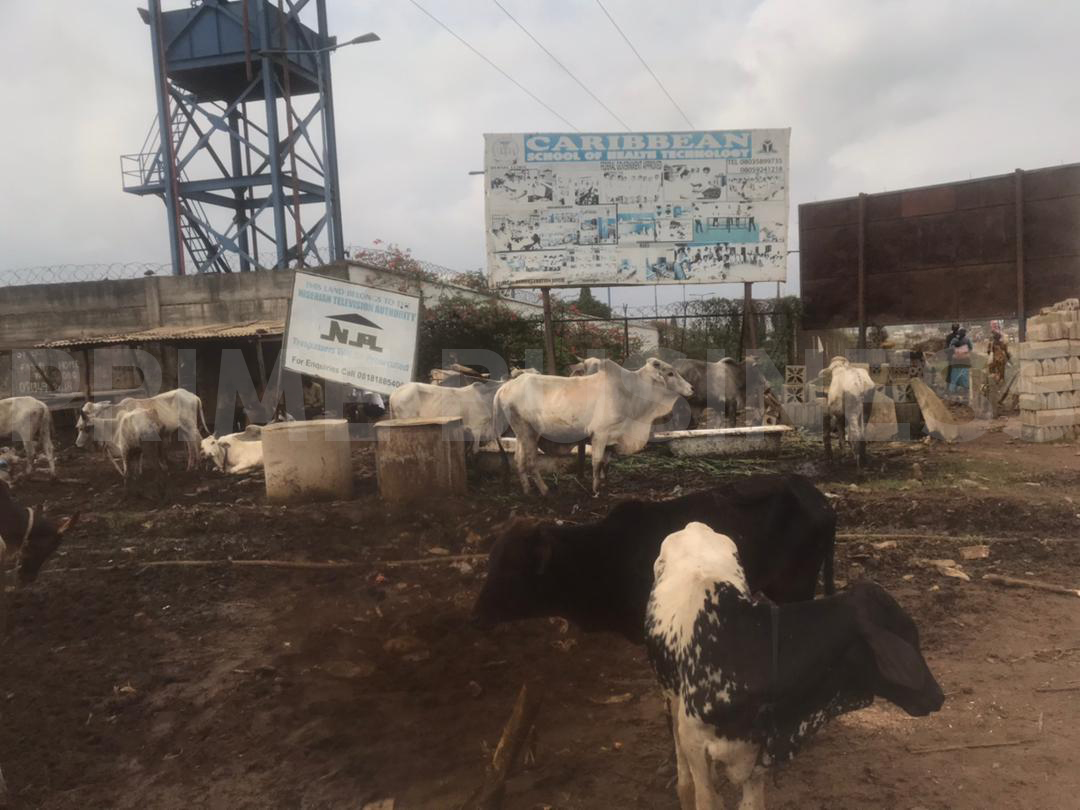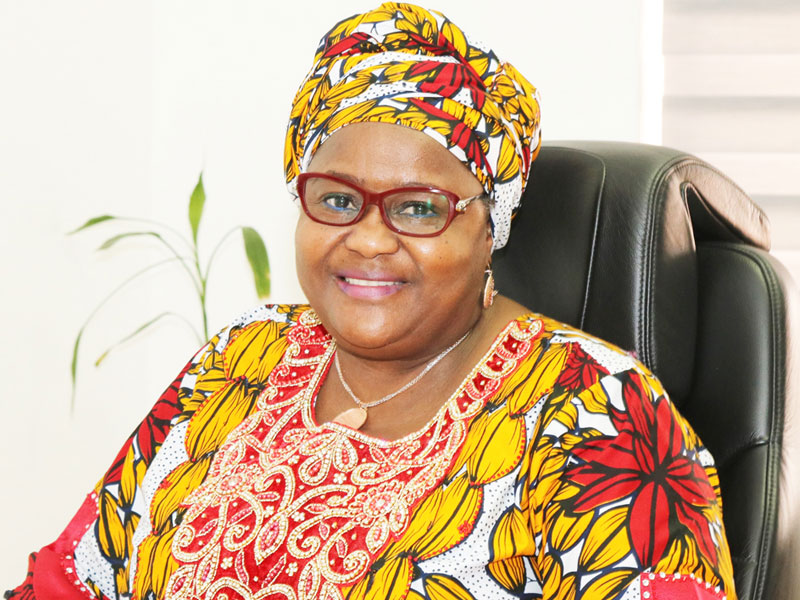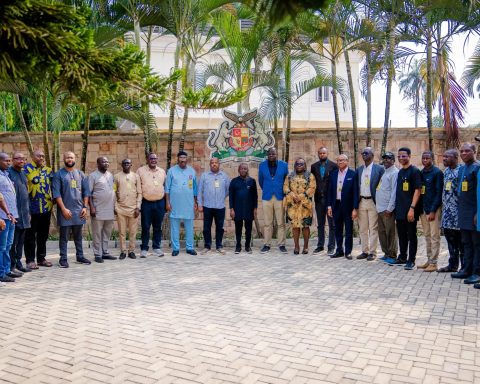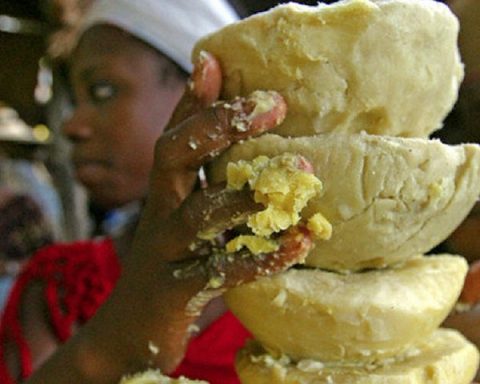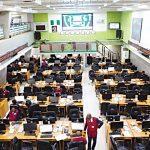The Kulen Allah Cattle Rearers Association of Nigeria (KACRAN) has set conditions for the collection of livestock tax in Yobe State.
The administration of taxes, according to the State Government, will improve and raise security situation and Internally Generated Revenue (IGR).
Join our WhatsApp ChannelWhile announcing tax conditions at the weekend in Damaturu, the President of KACRAN, Khalil Bello disclosed: “The State Government should reciprocate by providing us grazing reserves with the restorations of all cattle routes,” lamenting that the routes across the state have been taken over by farmers in the 17 Councils.
He noted that the herders are in full support of taxing their livestock, provided that the basic needs of grazing and water points for cattle and other livestock are sustained.
He claimed that the Federal Government had been providing loans and other farm inputs of fertilizers and pesticides to farmers, while herders are on their own to sustain their means of livelihoods.
“The demarcated cattle routes were taken over by farmers in the last two decades,” he lamented.
He noted that herders in the state are still paying education levy without education being provided to their children in various communities.
The livestock tax followed Governor Mai Mala Buni’s Executive Order No 3 last week in Damaturu, the state capital.
“The imposition of taxes could mitigate conflicts between the herders and farmers, while tending their cattle and farmlands in communities,” said Buni.
The Secretary to the State Government, Mallam Baba Wali also added: “To sustain peaceful coexistence between herders and farmers, the tax could also reduce cattle rustling and communal clashes.
The State’s Pilot Livestock project manager, Dr. Idrissa Madaki also disclosed that there are 8.66 million livestock in the state.
He added that the livestock population comprises cattle, camels, donkeys, horses, goats and sheep across the state and border areas with Niger Republic.
He said when a tax of N200 is imposed on a cow or camel; it will generate an IGR of N1.132 billion to the state government.
He added that a N100 tax rate on the 8.66 million livestock in the state will also rake in N566 million annual revenues.
He said with the implementation of Buni’s order, a high-powered committee led by the Commissioner of Agriculture, Hajiya Mairo Amshi has been set up.
Mairo said that representatives of Government Ministries, Departments and Agencies (MDAs) are also on the committee to work out the tax rates on livestock.
Continuing; “This committee is to sensitize and bring every member on board on the benefits of livestock taxes,” he said, stating that its implementation could improve the State’s security situation and IGR.
“The harness of agriculture, livestock and crop production has contributed to the development of the state.”
She said that peaceful coexistence is very important, as the population is increasing, while land is stagnant.
She warned that; as land under cultivation and livestock population increases, conflicts between herders and farmers will continue to rise with losses of more lives and property.
“Once we have peace in the state, we will now reintroduce and adopt the modalities of imposing livestock taxes effectively to raise revenues,” she said.
Other members of the committee include the Special Adviser on Agriculture, Liaison officer Agriculture, 17 Local Government Council Chairmen, traditional rulers, all heads of Security in the state.
Heads of Agriculture and Natural Resources, Veterinary and Livestock Area Officers and relevant livestock association are members of the livestock tax implementation committee.
- Editor
- Editor
- Editor
- Editor
- Editor


